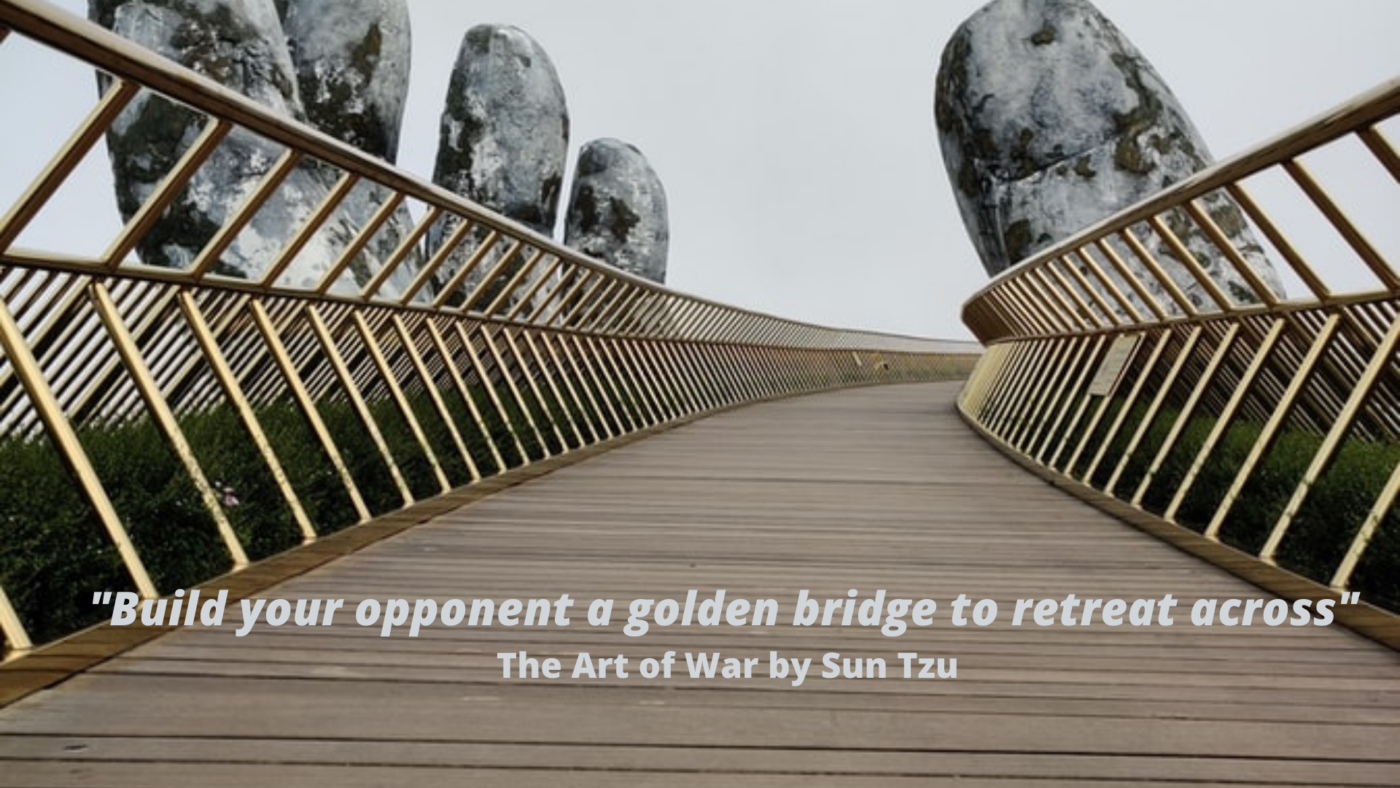I categorise mediation statements as the good, the bad and the ugly. I am often asked by lawyers what makes a good mediation statement. In this blog, I am going to help you to think more carefully about the power and impact of your word.
You will notice I use the term “mediation statement” rather than the more widely used term; “position statement”. I have made a conscious decision to drop the word “position”. The reason for this is that a mediation participant’s “position” tends to be that which they have openly adopted throughout the litigation. Mediators are most interested in a party’s underlying needs and interests – unlocking the person’s subterranean world is how resolution starts to unfold.
I will start with the bad.
When I receive a mediation statement which merely repeats the pre-action correspondence and the party’s “best points” (sometimes the cut and paste tool has clearly been used!), I always feel a little dismayed. I sit there and wonder why the author thinks that the other party, who has spent months – possibly years – not seeing the other party’s perspective, will suddenly listen to these points for the first time. Such position statements often end with perfunctory words along the lines of, “X attends the mediation in good faith in the hope that the parties can find a resolution and avoid expensive litigation”. Such mediation statements are in my view rather pointless. The other party will probably not even bother to read it because they have seen it all before. It offers nothing and fails to start to shift the other party’s perspective in the direction of settlement.
Now I will deal with the ugly. The ugly mediation statement tends to include material which is designed to disarm and upset, often including personal attacks on the other party which immediately trigger high emotion. These statements stop at nothing and have no boundaries, taking advantage of “without prejudice” privilege in a brutal way. They are generally received with shock and disgust by the other party. Unfortunately, I have seen many such statements be effective at procuring settlement, especially with a party who has no intention of proceeding to Court after mediation. Sometimes however, they can move the parties backwards before they go forwards.
The problem with the above approach is that it can inflict long-lasting damage on relationships. In the area of contentious trusts and probate, there is often sadly no desire for reconciliation, so many people believe it does not matter what you write and how you behave at a mediation.
Regardless of the situation, I do not believe it is necessary to trample on the other party’s emotions at mediation. Whilst it often comes as a surprise to clients to hear this, it is very possible to get the result you want at mediation by treating the other party with respect, and sometimes even compassion. This can take the form of empathy by simply acknowledging what is important to the other party, even if you do not agree with it.
Two powerful quotes from “The Art of War” by Sun Tzu are:
“Build your opponent a golden bridge to retreat across” and “The supreme art of war is to defeat the enemy without fighting”.
If you acknowledge something that is important to the other party but it costs you nothing to offer that acknowledgement, you are likely to pave the way for your opponent to retreat across the bridge with their head held high. If you treat the other party with disrespect and trigger an emotional response, you may find that they respond to your actions by digging their heels in.
The more recent book by Chris Voss, “Never Split the Difference” echoes the ancient Art of War principles as he teaches you “to disarm, redirect, and dismantle your opponent… in a relationship-affirming way”. As a former hostage negotiator, Voss knows only too well that if you upset your counterpart it can have fatal consequences. Thankfully in our work, the stakes are not so high, but the approach still works. Allowing someone dignity costs nothing.
Good mediation statements can take many different forms. Here are some examples of the content seen in good mediation statements:
- They do more than state the legal arguments in their client’s favour. They explain what their client wants and why.
- They acknowledge reality rather than blow hot air about why they will win at Court. Let’s be honest, there is generally no such thing as having a perfect case in litigation.
- If there have been offers made prior to mediation, they carefully analyse the reasons why the other party’s previous proposal is not appropriate and may make a sensible counter-proposal.
At the end of 2020, I wrote a blog about the importance of not making assumptions: https://www.doveintheroom.com/reflections-on-2020-from-dove-in-the-room/. The theme was inspired by Don Miguel Ruiz’s book, The Four Agreements. I have been very struck by the power of The Four Agreements and how they apply to conflict.
Let’s look at how the First Agreement: “Be impeccable with your word” could be applied to write a good mediation statement. I always understood the word “impeccable” to mean polished or perfect. In fact, the word originally comes from the Latin words “pecatus” (sin) and “im” (without) so it actually means “without sin”. I’m not about to start preaching about not sinning – but I do believe that we lawyers should think more carefully about the impact of the strong words we sometimes use. Often that is what our clients tell us they want. They are obsessed with being right and getting the other party to see that they are right. I always remind my mediation participants of the Stephen R. Covey quote:
“Two people can see the same thing, disagree, and yet both be right. It’s not logical, it’s psychological.”
An important skill for lawyers preparing their clients for mediation is to help them to release the need to prove that they are “right”. Don Miguel Ruiz states:
“When you believe something, you assume you are right, and you may even destroy relationships in order to defend your position. Let go of the need to defend your position.”
During conflict, it takes a strong person to consciously decide to let go of the need to be right and to defend a position which they may have spent a very long time proving. Most clients will fear that it would show weakness. It is not weak to acknowledge something that is important to the other party. On the contrary, it shows strength.
I will finish with an example from a mediation involving a claim by a cohabitee/dependant under the Inheritance Act. The Defendants’ position in open correspondence had been that they did not accept there was any form of romantic relationship and the Claimant was just a companion, which caused the Claimant hurt. Privately to me, prior to the mediation, the Defendants’ lawyer admitted that her clients did accept that there was some form of romantic relationship, but they were adamant that it did not amount to cohabitation. As the case did not turn on this, the clients would have lost no ground if they had conceded this in their mediation statement and it would have made such a difference to the Claimant to hear that acknowledgement. Despite my attempts to explore the possibility of this acknowledgement during the mediation, it did not come. I am sure there was a very good reason for that, and I do not seek to criticise. I use the example merely to highlight that in this sort of situation, emotional acknowledgment can sometimes be more important to a party than money.
Next time you consider writing an aggressive mediation statement setting out your client’s position in the strongest terms, I ask you to consider the likely impact of your word. There may be a more empathetic way to reach the same outcome.

